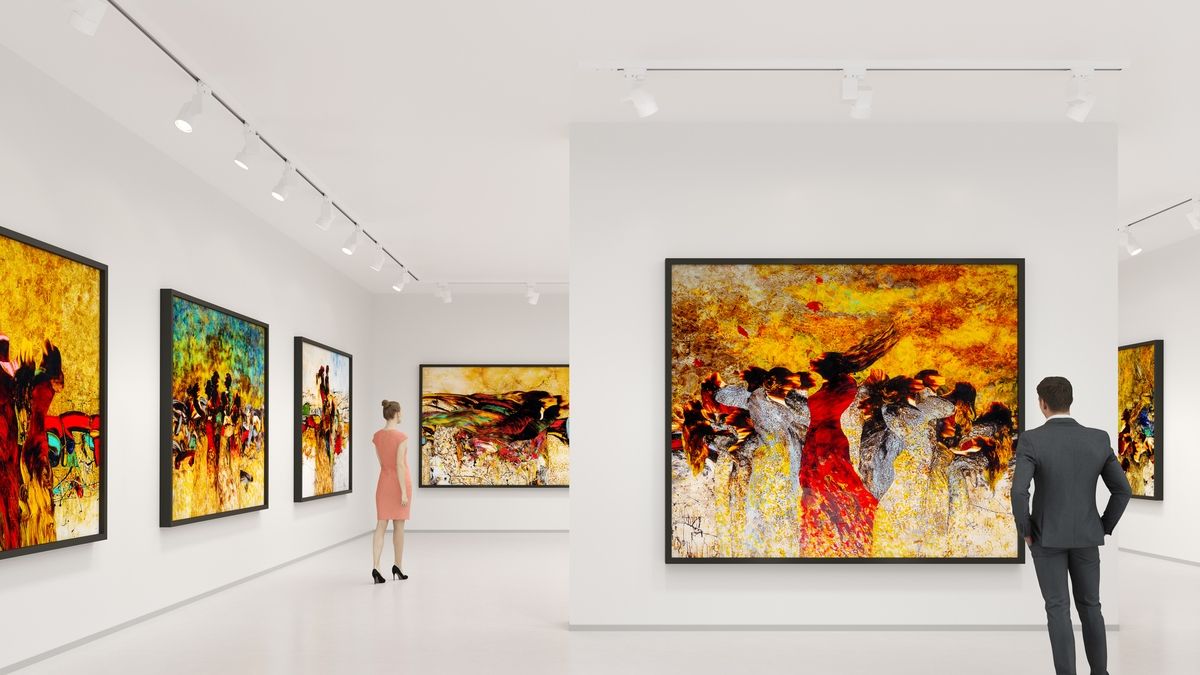Amid fluctuating markets and financial uncertainty, investors continuously seek stable and profitable avenues to diversify their portfolios. A less conventional but increasingly popular option is art investment. Allen Sukholitsky, CFA, and Chief Investment Officer at Masterworks, highlights art’s significant role in enhancing portfolio performance through diversification, leveraging data from 1997 to H1 2021.
Art as a Strategic Asset Class
Art investment, often overlooked, has shown to provide portfolios with a hedge against volatility. Its low correlation with major asset classes like equities and bonds underscores its value as a diversifier. Masterworks’ analysis reveals that including art in a portfolio, whether a traditional 60/40 split or an endowment-like strategy, often leads to improved Sharpe ratios and reduced volatility. This breakthrough comes at a time when investors are navigating through geopolitical tensions, inflation, and the onset of new rate hike cycles, making the case for art even stronger.
Masterworks: Democratizing Art Investment
Masterworks has been at the forefront of making art an accessible investment class. By securitizing paintings worth over $500 million and planning to invest $800 million in 2022, the platform offers investors a unique opportunity to partake in the art market. Despite the speculative nature of art investment, its historical performance and diversification benefits suggest it is worth considering within a comprehensive asset allocation framework.
Looking Toward the Future
The evolving landscape of investment options means that traditional and alternative investments are continually assessed for their value in portfolio performance. Art, with its unique correlation profile and appreciation potential, stands out as a compelling choice. As investors look to mitigate risks and seek outperformance amidst market uncertainties, art investment, facilitated by platforms like Masterworks, may well become a staple in diversified investment strategies.
As the finance world becomes increasingly complex, the inclusion of art in investment portfolios might not just be an option but a necessity for those looking to optimize performance and manage risk effectively. The integration of art into investment strategies underscores a broader shift towards embracing non-traditional assets, promising a new horizon for investors aiming for resilience and growth in their portfolios.







